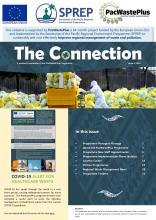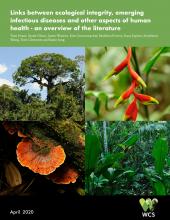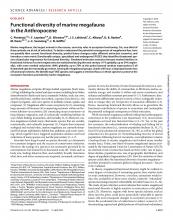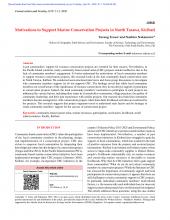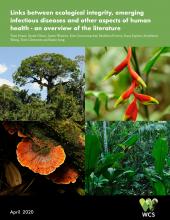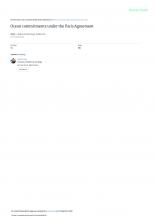The Disaster Riskscape Across Asia-Pacific - Pathways for resilience, inclusion and empowerment
The Asia-Pacific region continues to be hit by a relentless sequence of disasters: cyclones, earthquakes, tsunamis, floods, droghts, dust storms and heatwaves. These disasters can strike anyone, anywhere, but they do their greatest damage in the poorest communities -- often those of minority groups, or of people living in remote areas, or in the fragile marginal zones of the region's rapidly expanding cities. Disaster resilience can also benefit from rapid advances in technology. Even the poorest countries can be empowered by smart digital technologies. Artificial intelligence and big data techniques, for wxample, can build a live picture of rapidly developing events by merging satellite imagery with data from mobile phones. At the same time, digital identity systems, can offer more ways to deliver essential social protection services before, during and after disasters.

